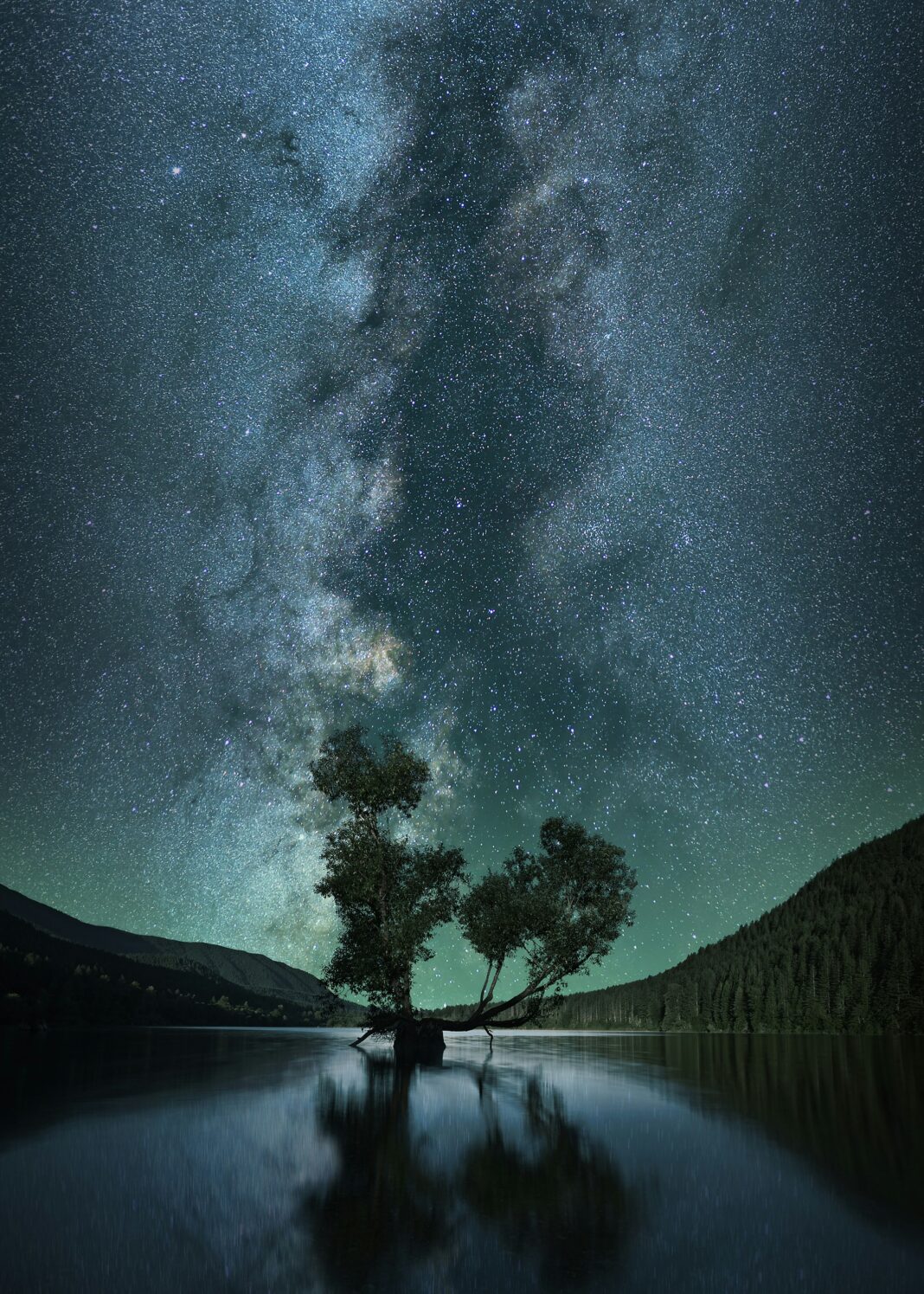By Simon Nare
Tourism Minister Patricia de Lille has celebrated World Tourism Day by launching the astrotourism strategy in the Northern Cape, which will be key in driving this new kind exploration in the country.
De Lille said the strategy was the first of its kind in Africa, and the Northern Cape with its dark nights, star gazing and the largest Square Kilometre Array (SKA) in the world, would help push astrotourism.
Earlier this month, Cabinet approved the National Astro–Tourism Strategy and Implementation Plan 2023-2033 for public comment.
“The astrotourism strategy also aims to enhance the synergy between humans and conservation and [be] a creative link between our origins of life on earth and the origins of the universe,” she told the launch in the small town of Carnarvon on Friday.
She said the Northern Cape offered a rich history, culture and beauty which would help grow astrotourism in the country and attract people from around the world.
De Lille urged the public to participate in the strategy, which was gazetted on Friday, saying it aimed to strengthen the country’s legacy of mutual understanding between astronomical significance and indigenous celestial narratives.
“We invite the public, including the tourism and astronomy stakeholders, to participate and contribute towards to strengthening this very important work by submitting their comments.
“Collaboration and partnership are critically important to take this work forward and we are thankful for national, provincial and local government working together as well as the private sector to ensure sustainable growth and local community development,” she said.
The minister said the SKA was testament to how science was making a remarkable leap towards the future on the continent.
“Very exciting for me is that this province is leading South Africa’s proactive stance in leveraging the significant advances made in the development of the world’s largest [SKA], with a comprehensive astrotourism strategy.
“We want to use the SKA and astrotourism as a catalyst to develop the Karoo and provide opportunities for rural tourism as well as agri-tourism to develop rural areas further,” she said.
De Lille said as the world was celebrating International Tourism Day, it was important to acknowledge and recognise that in a world where nations were increasingly inter-connected, tourism was a powerful tool to break down barriers, defy stereotypes and challenge prejudices.
She added that even though the country’s contribution to global development and cultural exchanges, there were still many places that locals could not afford to explore.
This meant that many people were not tasting the fruits of the country’s democracy because the impact of tourism was not being felt all over the country.
“There is so much vast natural beauty and wonderful people with their warm, friendly nature and some of the best cooks of traditional meals.
“We have deep culture and history here where communities and traditional groups like the Komani San have a wealth of unique knowledge and stories,” De Lillle said.
The minister said she was happy to announce that the tourism was thriving. In July, South Africa was voted as the best country to visit by a UK travel magazine.
Between January and July this year, the country welcomed 4.4 million international visitors.
“Our tourism sector is thriving, and it is thanks to the collective efforts of the partners here today and the private sector,” she said.
INSIDE POLITICS

